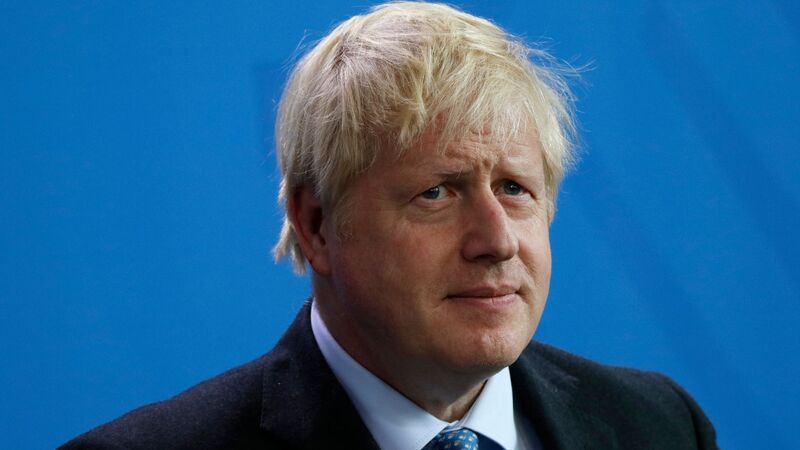You are viewing your 1 free article this month. Login to read more articles.
Amazon's low tax payments 'unfair' says John Lewis boss
The boss of John Lewis has hit out at Amazon for not paying as much corporation tax as UK-based businesses, warning the practice could force struggling businesses out of the high street.
John Lewis m.d. Andy Street has argued it is unfair that firms based in Britain pay corporation tax at the UK rate, while multinationals operating here but based abroad, such as Amazon whose European headquarters are based in Luxembourg, do not, the Daily Mail reported.
"Two companies making the same profit, one of them pays corporation tax at the UK rate, one does not because it claims to be headquartered somewhere else – that is not fair," Street told the Daily Mail. "The government is trying to address that but as yet we've not actually seen that [reform] really, really bite. It matters because the company paying corporation tax has, of course, less to invest in its future and in this time when retail is changing so fast, that is a critical differentiator."
He added: "This is not just about John Lewis, let's be absolutely clear – this is about those UK companies paying corporation tax on the profit made in the UK, against companies that make profit here but do not declare it and therefore do not pay tax. Over time, this is likely to mean British companies, paying British taxes, are disadvantaged.
"You have got less money to invest if you're giving 27% of your profits to the Exchequer than, clearly, if you're domiciled in a tax haven and you've got much more. So they will out-invest and ultimately out-trade us and that means there will not be the tax base in the UK."
Amazon paid £11.9m in UK tax in 2014, despite £5.3bn of sales to British shoppers through its Luxembourg-based business Amazon EU Sarl. At the same time, the company received £1.8m in government grants. In contrast, accounts for the John Lewis Partnership show the company paid a tax bill of £50.9m for 2015, on revenue of £9.7bn and profits of £194.4m before tax.
In May last year, Amazon began booking sales made to customers in the UK through its UK branch, instead of diverting sales through Luxembourg, which meant it would not have to pay the diverted profits tax, known commonly as the Google Tax, which came into force on 1st April 2015.




















